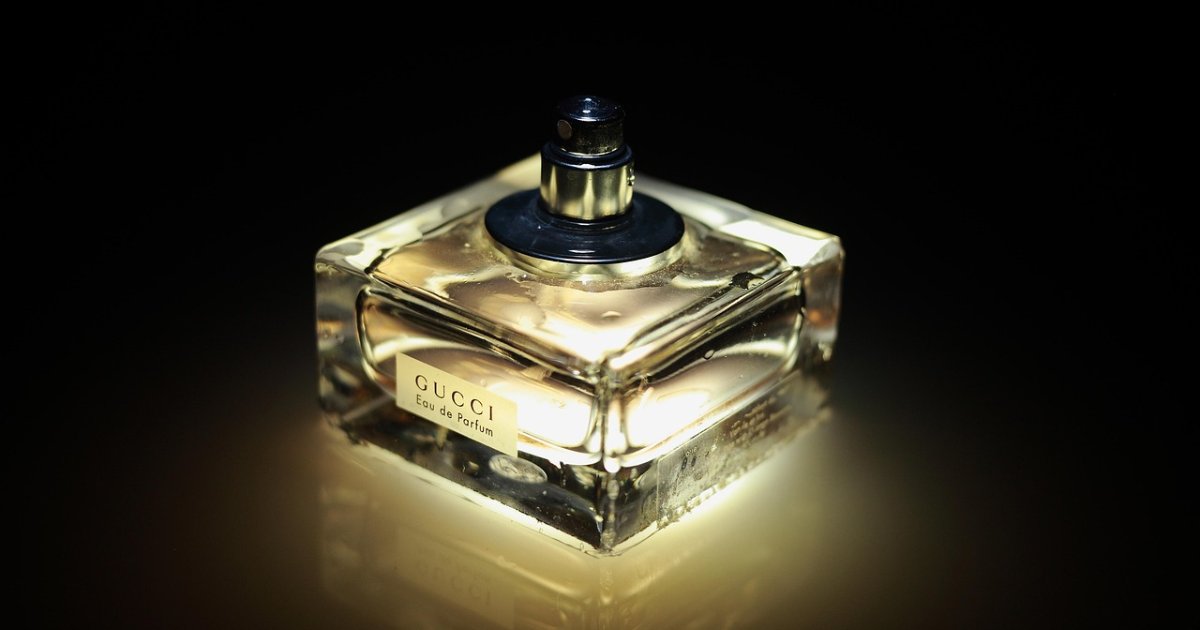Luxury Brands Expand Through Licensing

By Mark Seavy
As luxury brand suppliers struggle with sluggish sales, they are leaning more heavily into licensing to balance their finances.
And while royalty revenue and minimum guarantees are typically a small portion of luxury companies’ overall finances, they are helping to offset the sales decline many of these companies have been experiencing.
Luxury supplier Kering, for example, posted a 14% decline in Q1 revenue ($4.2 billion) compared to a year earlier, led by a 25% decrease in sales for its Gucci brand. At the same time, however, royalty and other revenue rose 11% on the strength of deals with Gucci (fashion and leather goods), Bottega Venetta (ready-to-wear apparel, small leather goods), and others. Meanwhile, Kering brought its beauty business in-house, creating Kering Beauté and ending a licensing agreement with Coty. It also agreed to acquire the Versace brand from Capri Holdings for $1.3 billion.
Prada, which posted a 12.5% gain ($1.52 billion) in Q1 total sales, also reported a 13% rise in royalty revenue. That includes licenses for the Prada and Miu Miu brands for eyewear (EssilorLuxottica) and beauty (L’Oreal). And licensee Inter Parfums, which has fragrance agreements with luxury brands Salvatore Ferragamo, Roberto Cavalli, and Coach New York, reported sales increased 5% ($339 million) as a 7% gain in Europe ($248 million) offset a 1% decline in the U.S. ($94 million). It is also preparing to launch its own high-end fragrance brand, Solferino.
And while royalty revenue has been increasing for many of the luxury suppliers, revenue from their core products at most companies has been flat or declining for months, industry executives said.
“The last 24 months have not been easy, and maybe we have reached the lowest plateau, but we will see,” Prada CEO Andrea Guerra said. “It’s unstable because every day and week it is a different story. And there are no real improvement signals in front.”
In the face of the uncertainty around tariffs—which have put many product orders on hold and forced companies to impose price increases—luxury suppliers are seeking to burnish their brands by expanding their reach.
Prada, for example, opened a new flagship store in New York. And its Miu Miu brand, which it acquired in 1999 and which posted a 60% in Q1 revenue, recently launched a “Miu Miu Gymnasium” pop-up display for its apparel along with the Miu Miu Custom Studio, an in-store station offering customized footwear and handbags.
Handbag supplier Hermès, meanwhile, will increase leather production 6-7% during each of the next several years as it opens four factories in France by 2027. And Inter Parfums is introducing and investing $20 million in Fiamma, a new fragrance stemming from its licensing agreement with Ferragamo, Inter Parfums CEO Jean Madar said.
“It’s key is to continue to invest in our networks behind the brands because we want to make sure that we exit this downturn cycle very strong and ready when demand bounces back,” LVMH CFO Cécile Cabanis said. “So, it is all a matter of balance between adjusting to current context and ensuring we keep investing in long-term growth.”




